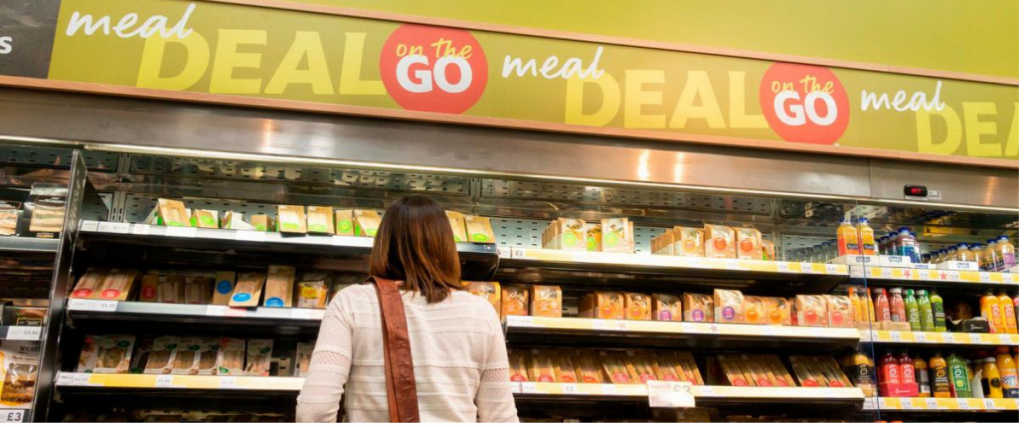
HSE clinical chief’s call to make the Offers Illegal to Tackle Obesity ‘Ignores Cost of Living Crisis’-
Retailers have hit back at the HSE’s suggestion that meal deals should be made illegal, saying consumers should have access to good value deals as the cost-of-living rises.
The World Health Organisation last week warned that overweight and obesity had reached epidemic proportions in Europe. In a report naming Ireland as one of the top ten most obese countries in Europe, it said 65 per cent of adults here were now either overweight or obese.
Commenting on the findings, Donal O’Shea, clinical lead on obesity at the HSE, this week said meal deals sold by retailers consisting of a sandwich, a packet of crisps and a soft drink should be banned.
Various supermarkets, convenience stores and service stations across Ireland offer lunchtime meal deals, which can often save a consumer the extra expense of purchasing the items individually.
Speaking on The Pat Kenny Show on Newstalk, O’Shea said: “Literally, that [meal deals] should be illegal. The people who are in the supermarkets — the workers in the supermarkets and in the petrol stations — they’re trained to offer that special offer.
“And 70 per cent of people will say no the first time, but if the person behind the counter says, ‘Well are you sure, it’s a good offer’. Then another 30 per cent will say, ‘Ah yeah, go on’.”
Vincent Jennings, chief executive of the Convenience Stores and Newsagents Association, said O’Shea’s comments were out of touch. “This is coming from somebody who is in a cocoon from people who have real concerns related to the cost of living,” he said.
“This is not to say that he hasn’t got his doctor’s hat on, but the truth of the matter is that people who are being offered value for money are far more likely to come from a sector that that man does not belong to.”
Jennings said that to claim the meals deals should be “illegal” was wrong. “Making something illegal is effectively suggesting that something should be criminalised, and you should be brought to court,” he said. “Offering value to someone is all of a sudden being considered an illegal act. If there is a conversation to be had than surely what he [O’Shea] should have said is, ‘I would like us and the industry to sit down and discuss this’.”
He added: “I wouldn’t be averse to a conversation on extended codes of practice on the likes of this, but that’s a long way away from making something illegal or banning something.”
Jennings said consumers had the knowledge to make an “informed choice” on such matters. “Many of our member service stations across Ireland offer some variation of a meal deal and we believe that consumers are well enough briefed on this issue to realise that there are healthy options available as part of these deals. For example, a lower carb wraps instead of a sandwich, fruit instead of crisps and still or sparkling water instead of a fizzy drink,” he said.
“Consumers have the knowledge to make an informed choice and there are days when people are allowed to treat themselves to the sandwich, crisps, and fizzy drink … especially when people may have done a lot of exercise that day or this may in fact be all they’ve had time to grab, if they are on the road a long period of time.”
The HSE said that it had not raised O’Shea’s proposal with the Department of Health. “Many in-store meal deals involve price bundling and primary promotion of high fat, salt, sugar products with more nutritious foods,” it said.
It said while healthier options such as water or fruit within the meal deal may also be on offer, it was “rare” to see these as the primary focus of the meal deal promotion.
“This marketing practice influences consumers purchasing behaviour, resulting in the purchase and consumption of excess calories and less healthy foods. Over time this has a direct impact on health and wellbeing, contributing to poorer diet and the development of chronic diseases such as heart disease, cancer, and obesity.”